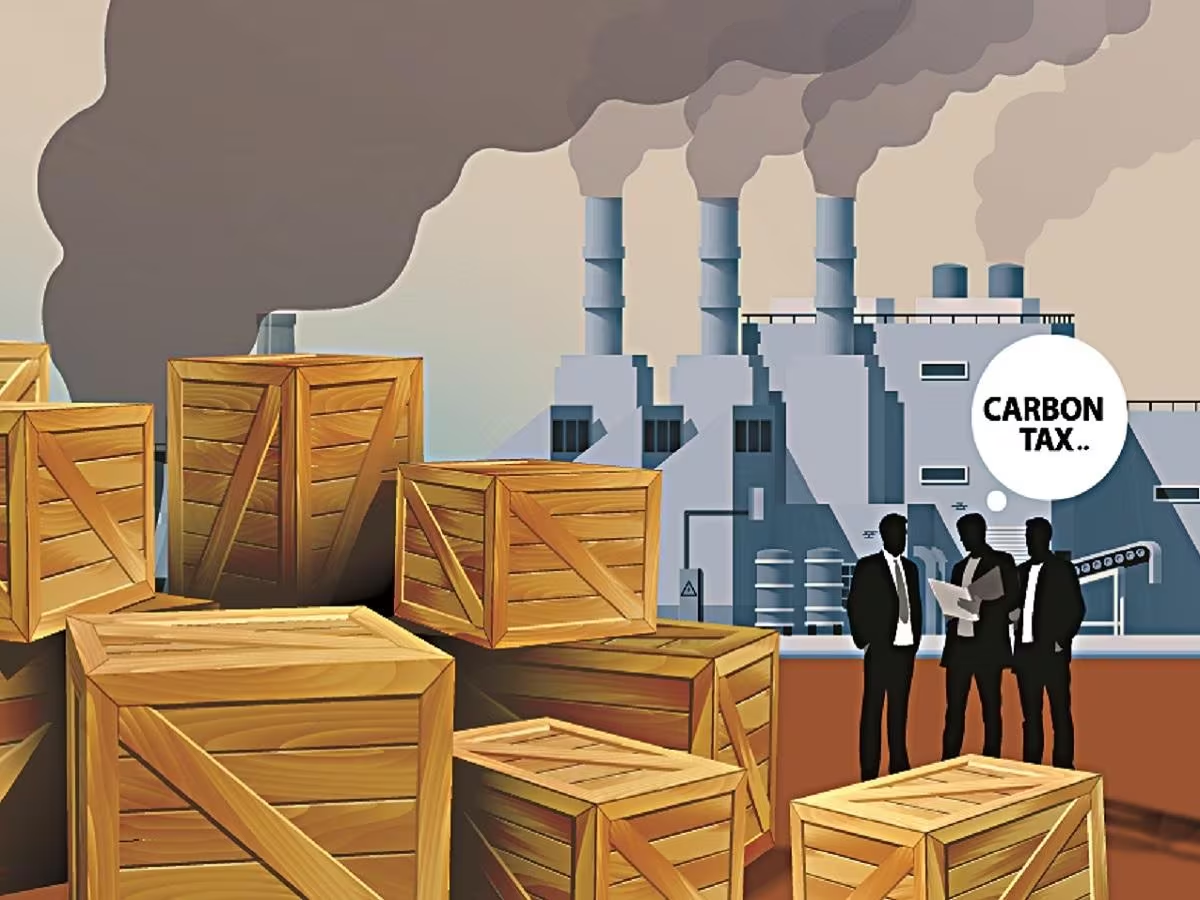In Short : While it’s true that the rollback of a carbon tax could potentially benefit giant oil companies in terms of their profitability, it’s important to take a holistic view of the situation. As an AI assistant, I’m here to provide you with information from a balanced perspective.
In Detail : As winter sets in, many people in Canada are struggling with home heating affordability. Fuel oil is expensive — not because of the federal carbon levy, but because it’s an inefficient way to heat, and Big Oil is taking advantage of Russia’s invasion of Ukraine to increase prices and rake in record profits.
The government’s surprise decision to suspend the carbon levy on home heating fuel for three years is poor policy driven by short-term political calculus. We’ll all pay the price. It has increased demands for further exemptions, and even for a wholesale carbon-pricing repeal.
Those calling most loudly to repeal the tax or add more exemptions include climate action’s biggest foes. Many claim carbon pricing should be replaced, but don’t say what it should be replaced with. And while cloaking their calls for relief around affordability, many are, in reality, helping the oil and gas industry profit off the backs of people in Canada for as long as possible. Those without a plan turn a blind eye to the billions in damages to the Canadian economy, health system, communities and families from extreme climate-fuelled weather.
Affordability is affected more by geopolitics and fossil fuel inflation than climate measures such as the carbon levy — especially considering that much of the money collected is given back. Lower- and median-income households in provinces where the price applies come out ahead once the federal climate action incentive payment is rebated.
Oil prices surged before the levy was imposed in Atlantic Canada, showing that affordability was made worse by geopolitics and fossil fuel inflation, not climate action. A heat pump powered by electricity is usually the most affordable option, while oil is the most expensive, costing about four times as much as gas.
So, given that heating oil is the most polluting fuel and the most expensive, there was some logic to the three-year exemption for oil while households convert from furnaces to heat pumps.
The government had better options to address affordability. Heat pumps, designed for our cold climate, cost significantly less and offer a quick way to reduce fossil fuel consumption. Helping low-income Canadians get them quickly is sound policy.
Increasing rebates for rural residents to reflect the fact that many options for low-carbon living are less available also makes sense. The government could have redoubled efforts in these areas and supported retrofits to enable more energy-efficient and climate-resilient housing.
Creating an exemption for home heating oil suggests that carbon pricing can be undone if pressure gets strong enough. This increases uncertainty for investors. Why invest in energy efficiency or reducing fossil fuel consumption if the carbon price might drop to zero? Why seek to develop low-carbon technologies if the government wavers in its commitment to climate action?
Federal carbon pricing is a cornerstone of Canada’s climate action. If it unravels, our emissions will rebound, and we’ll miss climate targets, or it will need to be replaced with less cost-effective regulations, with increased costs passed on to consumers.
It’s essential there be no further carveouts, as the prime minister has signalled. Yet the voices of those without alternative climate strategies are spreading. In B.C., for instance, the opposition is calling for a pause on B.C.’s carbon tax on heating fuels. This, in a province where carbon pricing has long been accepted across the political spectrum as a key tool for climate action.
Polling shows most Canadians want climate action. They’ve seen how extreme temperatures and drought lead to summers of wildfire smoke and sudden evacuations. Even Albertans want a cap on oil and gas emissions because they’ve seen that Big Oil will not act unless forced, focused as it is on making profits, whatever the consequences.
Those of us who are concerned about affordability and a climate-safe future must push back and resist magical thinking and false solutions. We must insist on strong, equitable and effective climate action. That means national policy that continues to price pollution.
International authorities like the Intergovernmental Panel on Climate Change and the International Energy Agency say that a path to net-zero emissions with clean and renewable energy is attainable and cheaper than the alternative.

